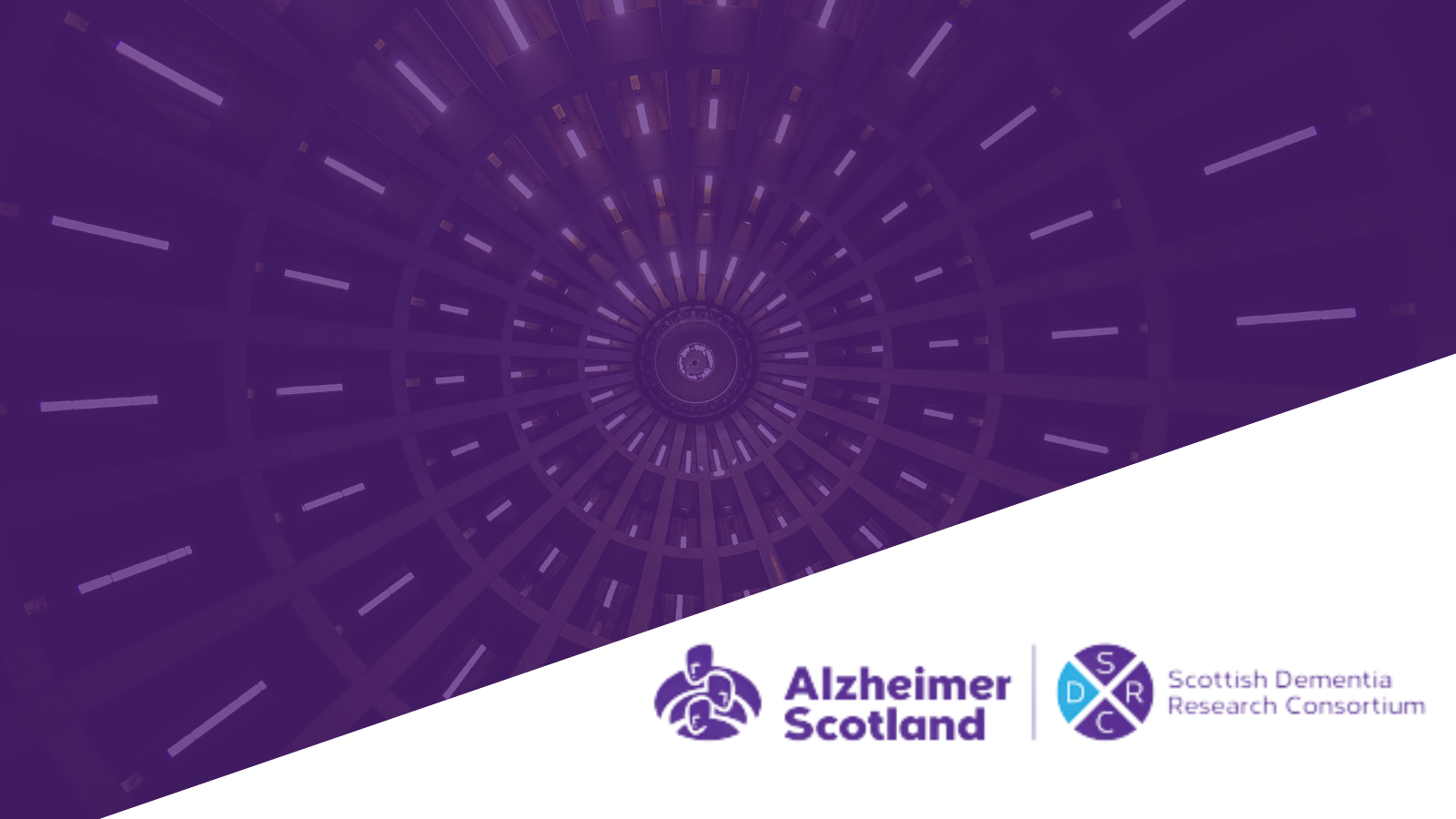Dementia Diagnosis
The ability to diagnose dementia at an early stage gives physicians the opportunity to treat the symptoms of dementia before it progresses too farDiagnosis
The diagnosis theme is about how conditions that can cause progressive brain failure and lead to dementia are diagnosed.
This process of diagnosing someone with dementia usually involves tests such as blood tests, spinal fluid tests, brain scanning in addition to speaking to a healthcare professional with someone who knows you well and answering questions about things you find difficult. Diagnosis is important because it helps to determine what the course of the illness will be and can help identify any treatment options. The earlier a person living with dementia is diagnosed, the more effective treatments and care plans are.
Research into diagnosis of conditions that can cause dementia is advancing all the time. This can include new ways of clinical testing of patients and coming up with more specific tests. Right now, in Scotland, research studies are taking place that are discovering new ways of brain scanning- from inventing new machines to new ways of analysing the scanning information.
Furthermore, Scotland has high standards of record keeping within our NHS which can be used to modernise diagnosis and create best practice across the country.
Latest News in Dementia Diagnosis

Scottish Neurological Research Fund 2024/5: Award Announcement
We have produced a report based on the findings of how COVID-19 has impacted our members’ research- with particular focus on ECRs




